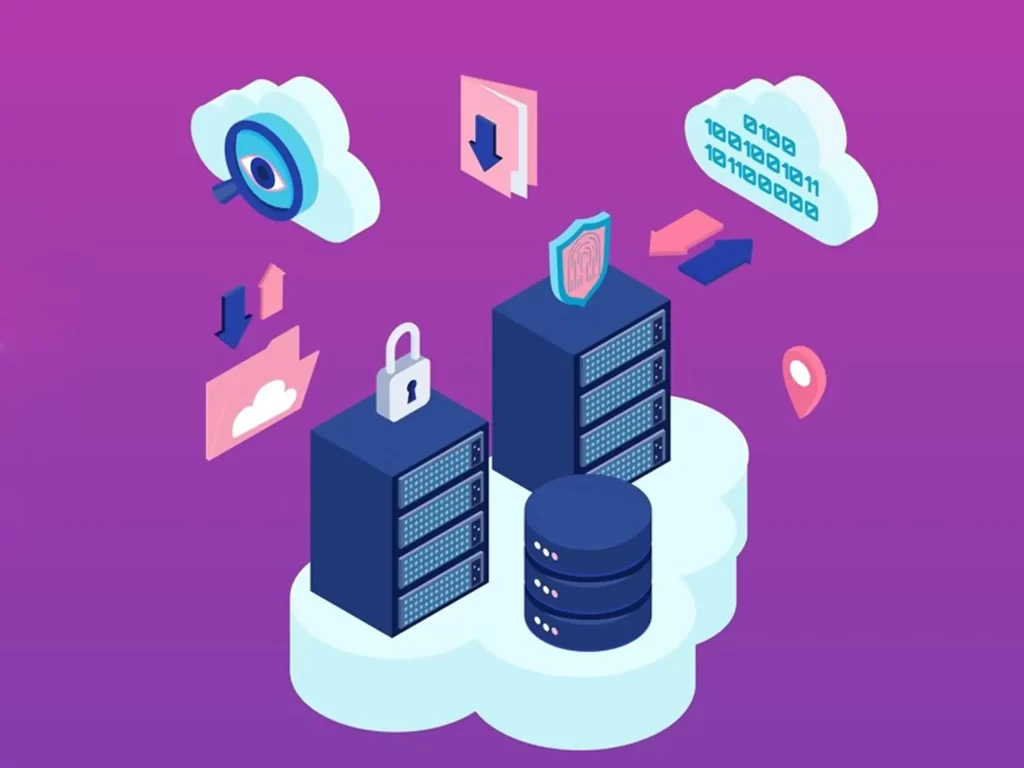

Managed cloud services are a type of service provided by a third-party vendor that helps businesses manage their cloud infrastructure. These services can include a range of tasks, from basic infrastructure management to more complex tasks like application development and security.
Managed cloud services offer a wide range of features designed to streamline IT operations, enhance security, and optimize performance. Here are some of the key features:
Managed Cloud Services are essential for businesses of all sizes, providing numerous benefits that can significantly impact their operations and bottom line. Here are some of the key reasons why businesses should consider managed cloud services:
Managed Cloud Services could provide a performance optimization and minimize downtime by easily scale resources up or down to meet fluctuating demands and Ensuring continuous access to applications and data.
Managed Cloud Services could allow efficient resource and have flexible pricing options to suit various business needs. Also it can reduce the IT overhead by empty IT management tasks to experts can lower operational costs.
Managed Cloud Services provide a proactive security monitoring by using advanced security tools and techniques to detect and mitigate potential threats. Also it provide regular security assessments that help identify and address vulnerabilities and robust security measures to protect sensitive data.
By taking fast time to market deploying new applications and services and quickly adopt new technologies and trends.
Managed cloud services offer robust business continuity and disaster recovery solutions to ensure minimal downtime and data loss. With advanced backup and recovery strategies, your critical data is protected and can be restored quickly in the event of a disaster, such as a natural disaster, cyberattack, or hardware failure.

Implementing Managed Cloud Services can significantly enhance your organization’s IT infrastructure and operational efficiency. Here’s a step-by-step guide to help you navigate the process:

Here’s a step-by-step guide on how small businesses can implement managed cloud services:
Selecting the right managed cloud service provider is crucial for your organization’s success. Here are some key factors to consider:
By carefully considering these factors, you can choose a managed cloud service provider that aligns with your business goals and helps you achieve optimal results.

At Meta Techs, We offer a range of solutions to help you optimize your cloud environment, reduce costs, and enhance security. Our experts can assist you with:
Call now to explore our innovative services and make your experience with us unique and fruitful
WhatsApp us